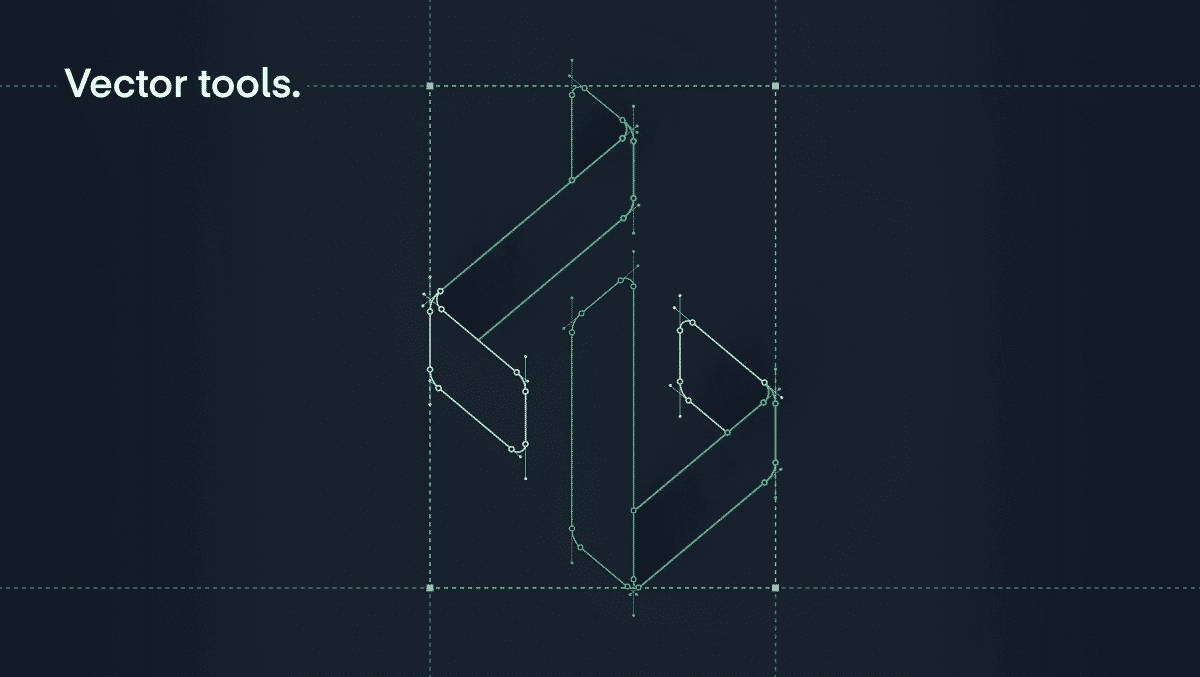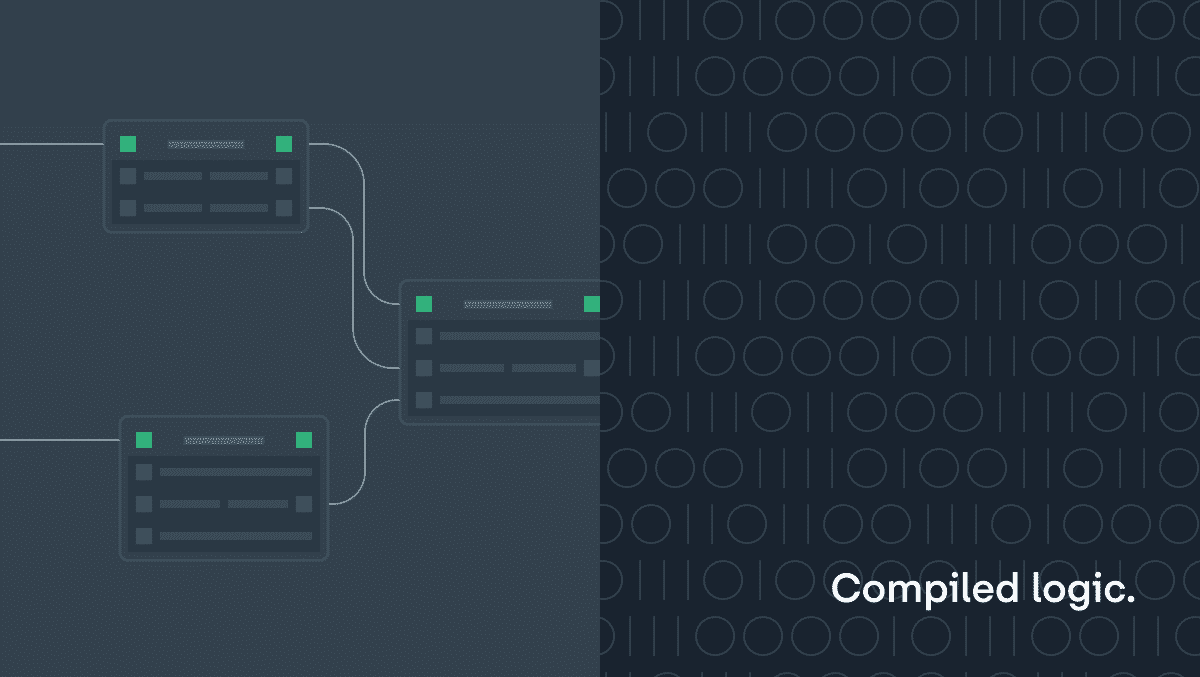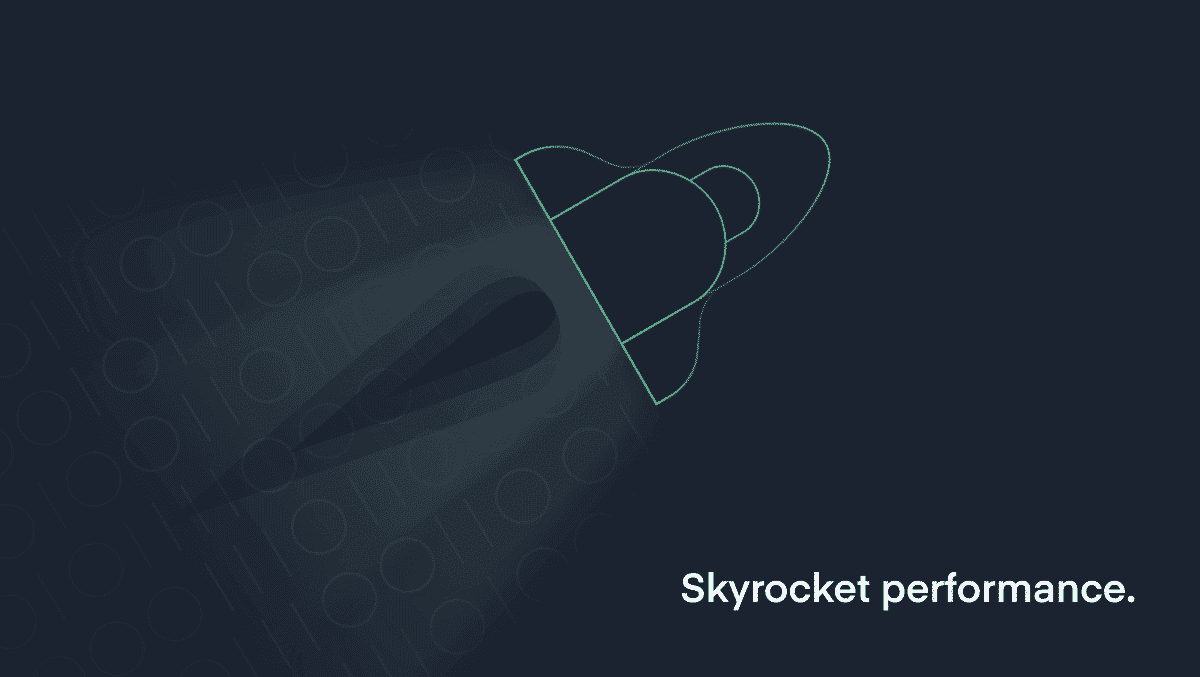PRESS RELEASE
Incari is developing a European operating system
Berlin start-up wants to create an alternative to Windows, iOS and Android — Incari is part of “Scale-Up Europe”, an initiative by the French President Macron
Paris/Berlin (18 June 2021). Attack on the American tech giants: the Berlin-based company Incari is working on the first European operating system. The global IT landscape has been dominated by Microsoft’s and Apple’s systems for decades. European values such as data protection, data security, and property rights are not always given sufficient consideration. Incari is an entirely new development and works particularly quickly, in an energy-efficient manner, and can be operated visually and intuitively. French President Emmanuel Macron received the CEO and founder of Incari, Osman Dumbuya, at the Élysée Palace.
Macron emphasises in the manifest of the “Scale-Up Europe” initiative which he instigated: “Scale-Up Europe is a call to join forces around startups: to reinforce Europe’s sovereignty, develop the prosperity of our economies and societies, and achieve the objectives of social cohesion and climate transition that are at the heart of the European project.”
“Incari and President Macron share the idea of a strong Europe. A Europe which stands for change, for democracy, and for freedom”, says Dumbuya. “Incari will change the software landscape in Europe — both in terms of development and application. European programs, applications, and apps will have a different look and feel, as well as represent their own values.”
Incari CEO Osman Dumbuya is actively supporting the “Scale-Up Europe” initiative and has also contributed to developing recommendations for the deep tech sector. Incari’s most recent growth financing is backed by partners and investors who have come together as part of “Scale-Up Europe”.
Looking forward, we are convinced Europe can reach the next level, and have set an ambition for the continent to become home to 10 technology companies each valued at more than €100bn by 2030.
There is enormous interest in a European operating system — and not just in the Élysée Palace. A current, representative survey revealed that more than two thirds of the respondents were open to the idea of a European operating system. They would prefer to use it provided it had at least the same functionality and existing data security.
Incari is improving companies’ competitiveness
“Many ideas fail on the path to implementation because the costs, for software and licences, for example, are too high. On the one hand, this reduces willingness to innovate, while on the other hand, existing, often outdated applications linger on”, says Dumbuya.
With its software, Incari is shortening the path from idea to finished product massively. This saves on costs and speeds up the development process. By simplifying the implementation of complex requirements, Incari is ensuring innovation and entirely new applications for customers.
Existing operating systems are largely based on structures and technologies which are decades old. In contrast, Incari has been developed for the latest 3D methods. It has been designed from the ground up for visual and intuitive 3D interaction; conventional operating systems need to retrofit these functions, meaning they are significantly less powerful. Incari offers numerous functions and framework conditions which are sorely needed by medium-sized companies and start-ups to allow them to start development quickly while keeping up-front costs as low as possible.
European values are defended
Operating systems developed outside the European legal area have little to no interest in European laws. Laws on data protection, privacy, or companies’ IP are often implemented with a considerable delay or only in retrospect. Violations of the law remain without consequences, while the owners of the data lose out. Incari strives for an operating system that is committed to Europe’s values. It safeguards data security, data authenticity, and property rights.
On a technical level, pan-European projects such as the use of GALILEO data for digitising public authorities (cadastres and land registries) can benefit greatly from the 3D technology on which Incari is based. In addition to public administration, medium-sized companies, start-ups and corporations also count among the potential customers. There are also use cases in healthcare, as well as in architecture and the infotainment sector.
The European operating system being pursued shouldn’t just be used in Europe, rather its qualitative advantages and sensible handling of personal data should impress people around the world and offer an alternative.
For the establishment of its European operating system, Incari anticipates a capital requirement of several hundred million euros over the next few years. Just recently, having been led by the entrepreneur and investor Lukasz Gadowski (Team Europe), a series A round of financing was completed with a volume of 15 million euros; cooperation with other strong partners is in the pipeline.
The veteran founding team has already been able to establish a standard solution in the industry using the Vred visualisation software. Incari emerged in May 2021 from its predecessor company “CGI-Studio”, which had up to that point primarily been active in the HMI sector for the automotive industry.
Further information:
Incari GmbH Kemperplatz 1 10875 Berlin Germany






